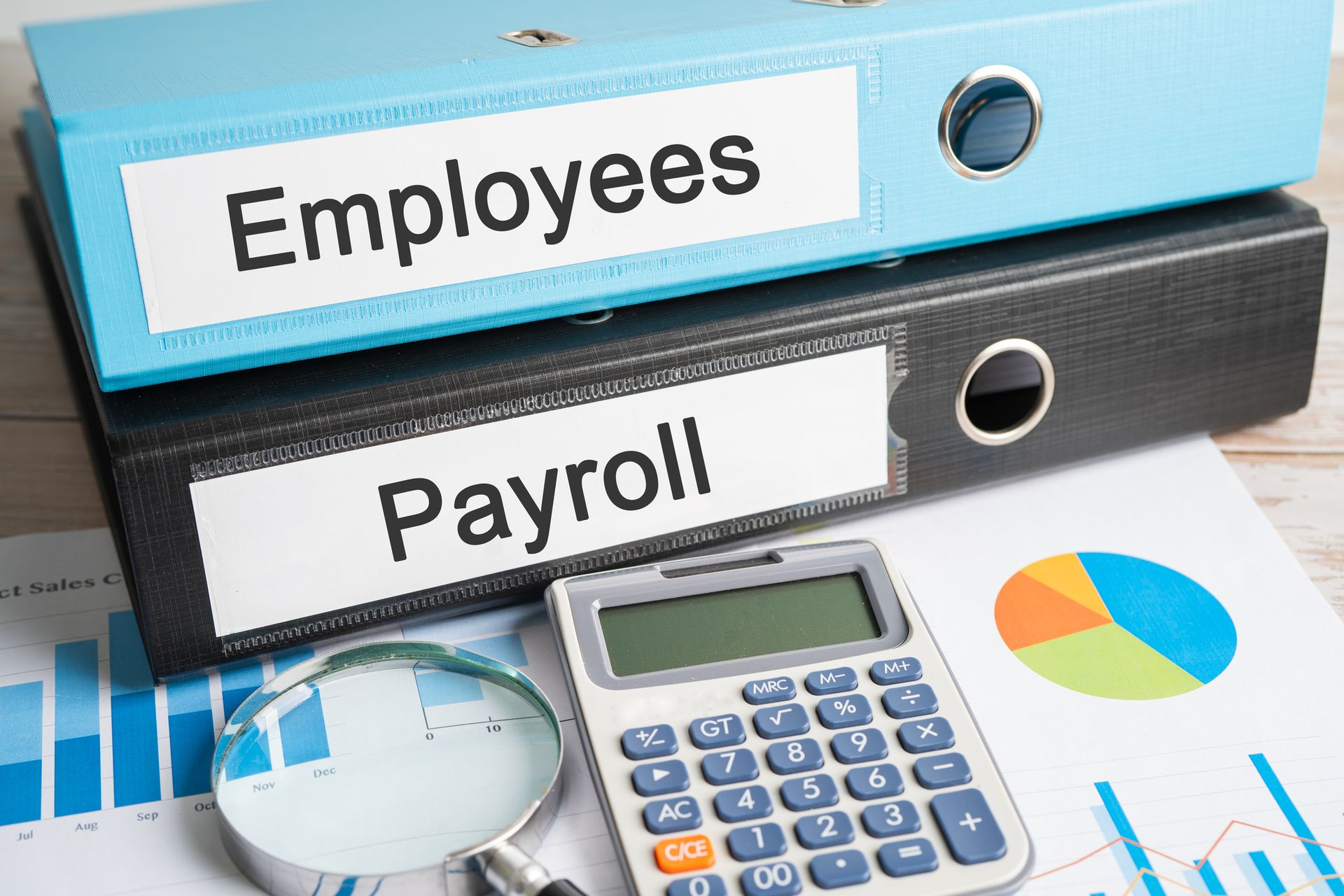Smart Tax Planning Strategies for Contractor Businesses
Smart Tax Planning Strategies for Contractor Businesses
Introduction
Tax planning is a pivotal aspect of financial management for contractor businesses,
playing a crucial role in optimizing profits and ensuring sustainable growth. Effective tax
planning allows contractors to strategically manage their financial affairs, minimize tax
liabilities, and maximize available resources for business development.
Challenges Faced by Contractors in Tax Management:
Contractor businesses often encounter unique challenges in navigating the
complexities of tax regulations. Some of the common hurdles include:
Fluctuating Income: Contractors often experience irregular income streams, making it challenging to predict and plan for tax obligations.
Diverse Project Types: Engaging in various projects with different tax implications requires contractors to stay informed about the specific tax rules applicable to each type of work.
Expense Tracking: Managing and tracking expenses related to equipment, materials, and labor can be intricate, leading to potential oversights and missed deductions.
Regulatory Compliance: Staying compliant with changing tax laws and regulations poses an ongoing challenge, demanding constant vigilance to avoid penalties and legal complications.
Objective of the Blog:
The primary goal of this blog is to empower contractors with actionable tax planning strategies. By addressing the unique challenges faced by contractors and providing practical solutions, this blog aims to:
Enhance Financial Efficiency: Equip contractors with tools and insights to streamline financial processes, ensuring optimal resource allocation and minimizing tax burdens.
Minimize Tax Liabilities: Offer specific tax planning tips and techniques to help contractors leverage available deductions, credits, and incentives, ultimately reducing their overall tax liabilities.
Improve Compliance: Provide up-to-date information on tax laws and regulations, enabling contractors to stay compliant and avoid legal pitfalls.
Facilitate Long-Term Growth: Foster a proactive approach to tax planning that supports the long-term growth and sustainability of contractor businesses.
By combining expert insights and practical advice, this blog aspires to serve as a valuable resource for contractors seeking to navigate the intricacies of tax planning and optimize their financial strategies for success.
Key Tax Planning Strategies
1. Maintaining Accurate Records:
Importance: Detailed record-keeping is the cornerstone of effective tax planning for
contractors. It provides a clear financial trail, facilitates accurate reporting, and ensures
compliance with tax regulations.
Suggested Tools/Software: The use of accounting software such as QuickBooks, FreshBooks, or Xero can provide streamlined record management. These tools offer features like expense tracking, invoicing, and financial reporting, making it easier to maintain accurate records.
2. Maximizing Deductions:
Common Deductions:
- Home Office Deduction: Contractors working from home can claim a portion of home-related expenses.
- Vehicle Expenses: Deductible expenses include mileage, fuel, and maintenance for business-related travel.
- Equipment and Tools: Depreciation or immediate expense of tools and equipment used for work.
- Professional Fees: Deduct fees paid to consultants, accountants, or other professionals.
Contractors must distinguish between personal and legitimate business expenses. Education on the criteria for deductible expenses to maximize tax savings without crossing legal boundaries is important.
3. Quarterly Tax Payments:
Need for Quarterly Payments: Contractors often experience irregular income, making quarterly tax payments crucial. This approach helps distribute the tax burden evenly throughout the year, preventing a substantial financial hit during tax season.
Benefits: Making quarterly payments avoids penalties for underpayment and provides better cash flow management. Contractors can estimate their tax liability more accurately and adjust their spending accordingly.
4. Retirement Planning:
Tax-Advantaged Retirement Accounts:
- Solo 401(k): Ideal for self-employed individuals, offering high contribution limits and potential for tax-deferred growth.
- SEP IRA: Simple to set up, allowing for tax-deductible contributions and flexible contribution amounts.
- SIMPLE IRA: Suited for small businesses, offering employer and employee contributions.
Retirement planning not only secures a contractor's financial future but also provides
valuable tax advantages. Contributions to these accounts are often tax-deductible,
reducing taxable income.
5. Hiring a Tax Professional:
- Personalized Advice: A tax professional can provide tailored advice based on a contractor's unique financial situation.
- Maximizing Deductions: Professionals are well-versed in tax codes, helping contractors identify and maximize available deductions.
- Compliance: Ensures contractors stay compliant with ever-changing tax laws, reducing the risk of audits and penalties.
Investment in Expertise: The cost of hiring a tax professional is often outweighed by the potential savings and peace of mind they provide, allowing contractors to focus on their core business activities.
By incorporating these key tax planning strategies, contractors can proactively manage their financial responsibilities, minimize tax liabilities, and position themselves for long- term success.
Conclusion
In maximizing profits for contractor businesses, proactive and informed tax planning emerges as a critical factor. View tax planning as an integral part of your business strategy, essential for growth and legal compliance. The proactive implementation of these strategies not only optimizes financial efficiency but also sets the stage for sustained success.
Take the next step toward financial empowerment by consulting with a tax professional. Their expertise can provide tailored advice, maximize tax advantages, and ensure compliance with the ever-changing tax landscape. Invest in your business's financial health today for a prosperous tomorrow.












